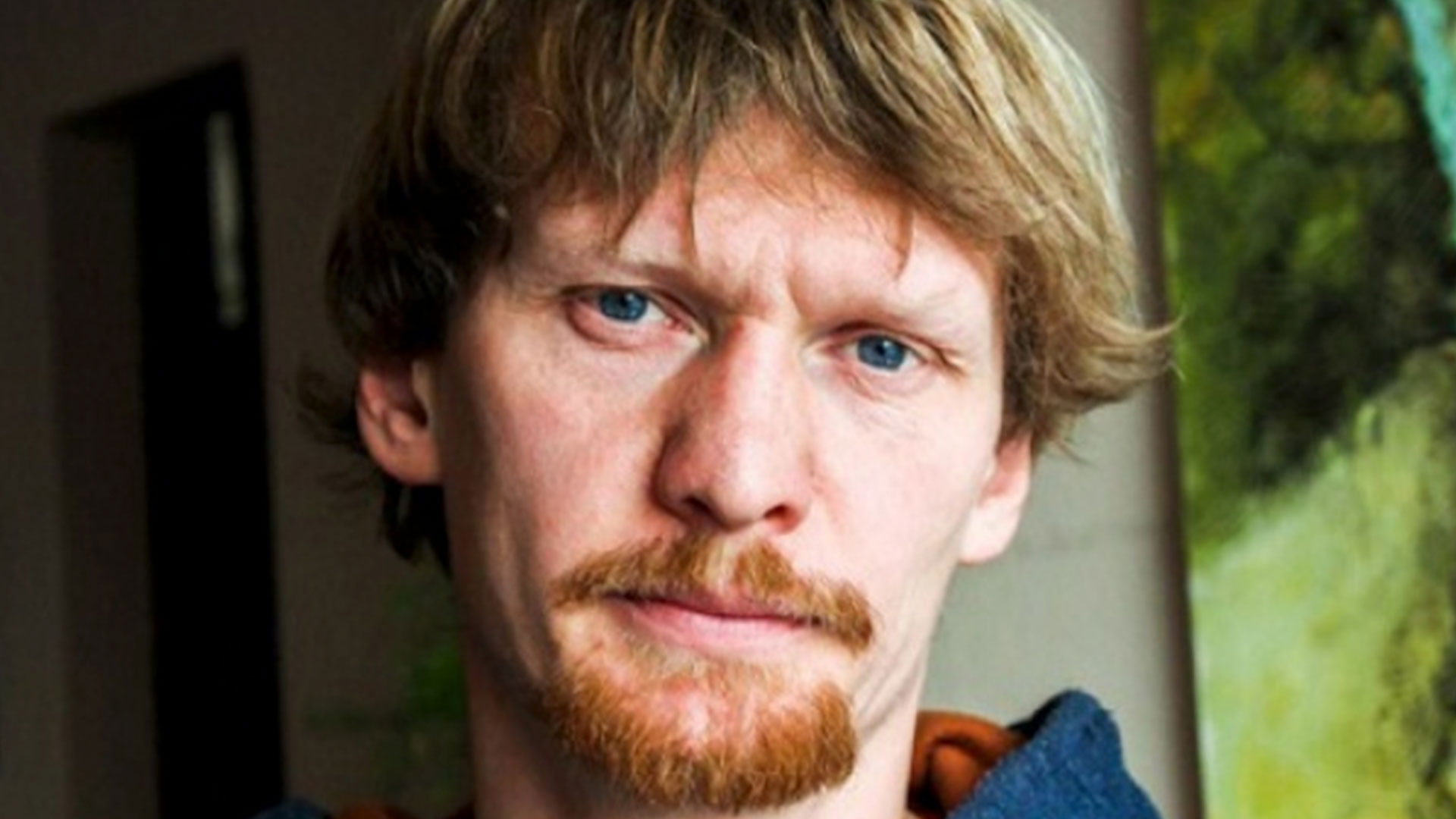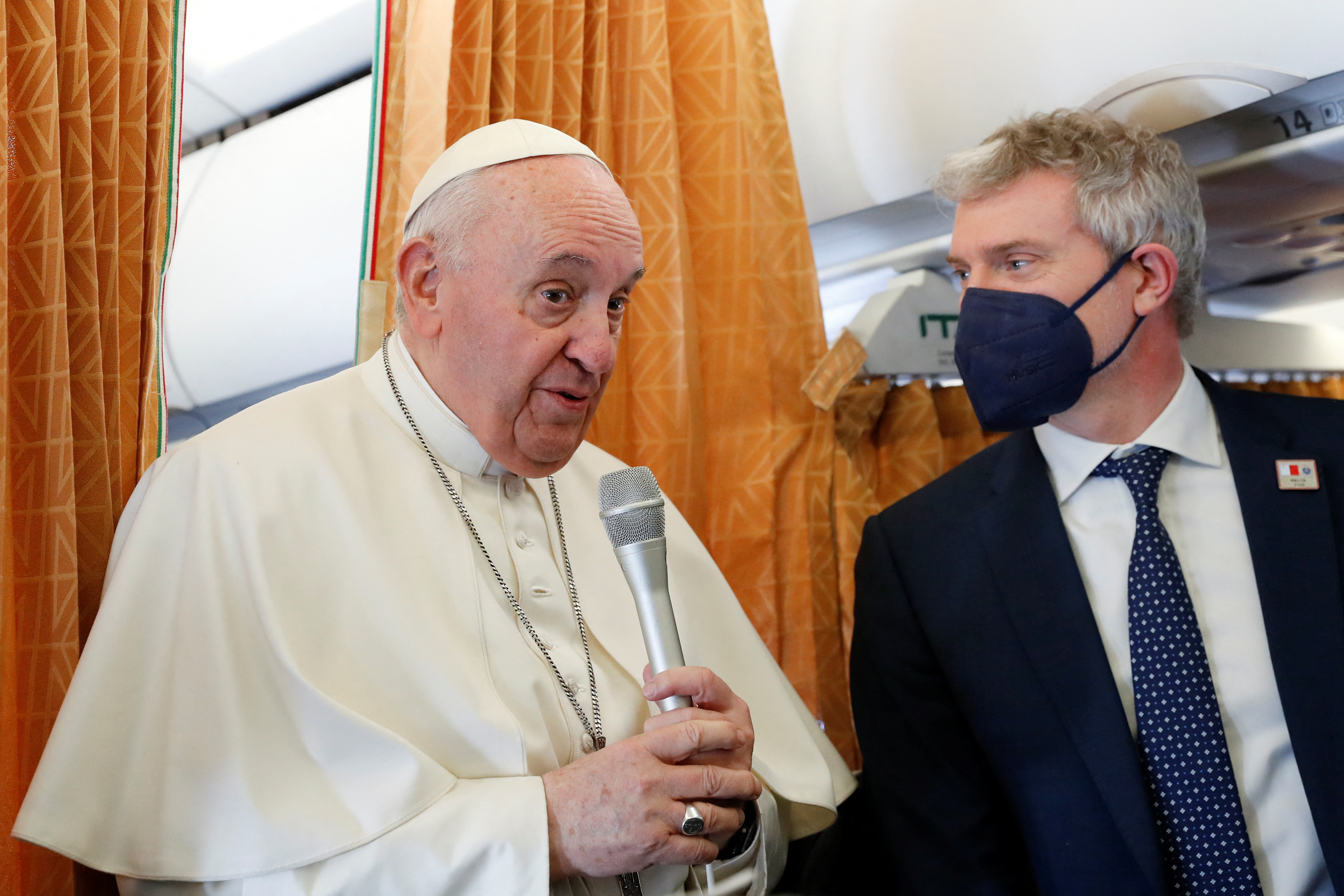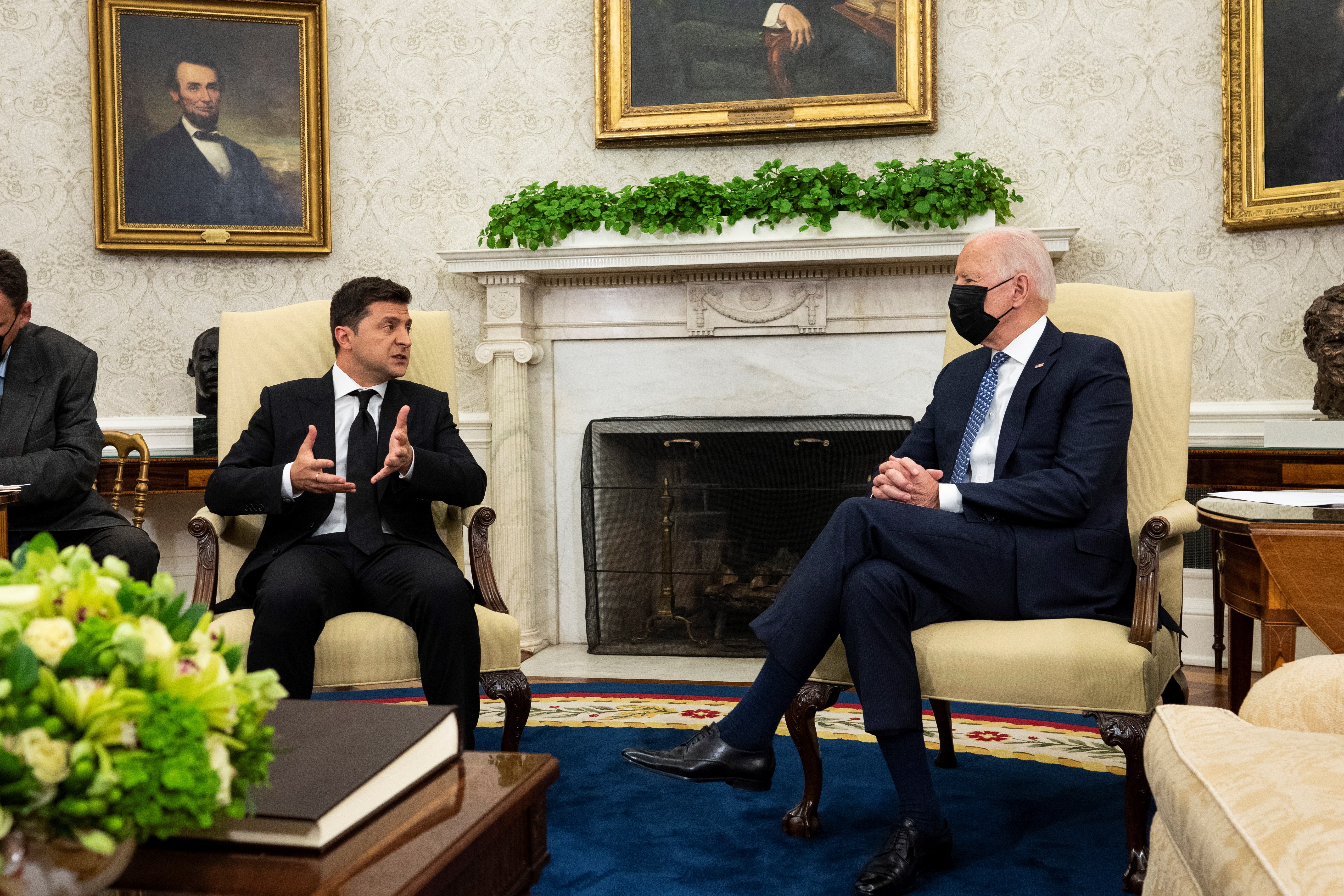
Ukrainian photographer and documentarian Maks Levin was found dead near the Ukrainian capital, Kiev, after being missing for more than two weeks, presidential adviser Andriy Yermak reported Saturday.
“He disappeared in the zone of hostilities on 13 March in the Kiev region. On April 1, his body was found near the village of Guta Mezhyguirska,” said the head of the presidential administration on Telegram.
According to the Ukrainian NGO IMI (Institute of Mass Information), citing preliminary information from the General Prosecutor's Office, the “unarmed” journalist had been hit by “two shots” by Russian soldiers.

Levin, 40 years old and father of four, collaborated with several Ukrainian and international media outlets, including Reuters, BBC and Associated Press.
In 2014, at the beginning of the war against the pro-Russian separatists, supported by Moscow in eastern Ukraine, he managed to leave a southeastern city that was surrounded at that time, where hundreds of Ukrainian soldiers died in a few days.
Several Ukrainian and Western journalists have been killed and dozens have been injured in Ukraine since the Russian invasion began on February 24.
Prior to the confirmation of his death on Saturday, Reporters Without Borders had expressed concern: “RSF is concerned about the disappearance of Ukrainian photojournalist Maks Levin near Kiev, Ukraine. His friend Lyseyko received his last message on March 13 from a combat zone in Vychhorod where he was reporting.”
RSF noted that attacking journalists was a war crime and that three other journalists had been kidnapped since the invasion.

In another order, this Saturday the pope said that he could travel to Ukraine, because when asked during the flight that took him to Malta whether he was taking the invitation into consideration to go to Kiev, Francis replied: “Yes, it's on the table.”
Both the President of Ukraine, Volodymir Zelensky, and the mayor of Kiev, Vitali Klitschko, have invited the pontiff to travel to that country to show his proximity to the Ukrainian population for a war that the Pope has repeatedly criticized, in addition to offering to do “everything necessary” to achieve its end.
Francis and Zelensky spoke on the phone on March 22, when the Ukrainian president assured the pontiff that “he is the most waiting guest in the country”, while the pope told him that he is “praying and doing everything possible to end the war, brought about after the invasion of Russia.”
Previously, Klitschko sent a letter to Francis inviting him to visit the city: “We believe that the presence of the world's religious leaders in Kiev is key to saving lives and paving the way to peace in our city, in our country, and everywhere,” the mayor wrote at the time.
The Vatican confirmed the arrival of the letter and added that Francis “was close to the sufferings of the city, to its people, to those who had to escape and those who are called to administer it.”

US will allocate an additional $300 million for Ukrainian security assistance
The US Department of Defense announced that it will spend an additional $300 million on “security assistance” to boost Ukraine's defensive capabilities in the face of the Russian invasion.
In addition to the $1.6 billion already committed by Washington, the aid includes laser-guided rocket systems, drones, ammunition, night vision devices, tactical secure communications systems, medical supplies and spare parts.
“This decision underscores America's unwavering commitment to Ukraine's sovereignty and territorial integrity in support of its heroic efforts to repel Russia's war,” Pentagon spokesman John Kirby said in a statement.
US President Joe Biden and his Ukrainian counterpart Volodymir Zelensky on Wednesday discussed “additional capabilities” to assist the Ukrainian military, the White House said in a statement following the call.
In mid-March, the US Congress passed a funding law that included $13.6 billion in humanitarian and military aid for Ukraine and NATO allies in eastern Europe.
Soon after, Biden announced $1 billion in new security assistance for Ukraine.
Much of the military equipment that the United States has given to Ukraine has come from its own reserves, through a process known as “presidential withdrawal”.
Unlike this process, the $300 million announced this Friday will go to new contracts for military equipment from partners in the Pentagon's defense industry.
KEEP READING:
Últimas Noticias
Debanhi Escobar: they secured the motel where she was found lifeless in a cistern

The oldest person in the world died at the age of 119

Macabre find in CDMX: they left a body bagged and tied in a taxi
The eagles of America will face Manchester City in a duel of legends. Here are the details

Why is it good to bring dogs out to know the world when they are puppies




